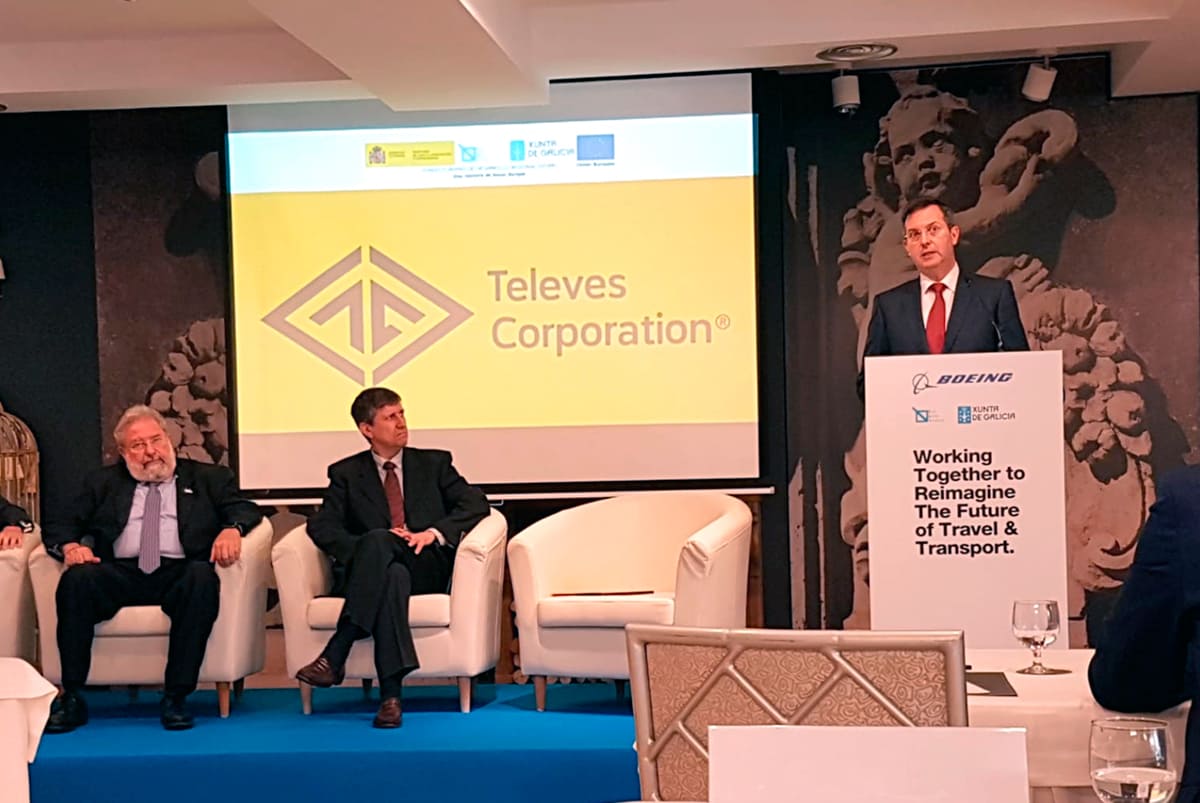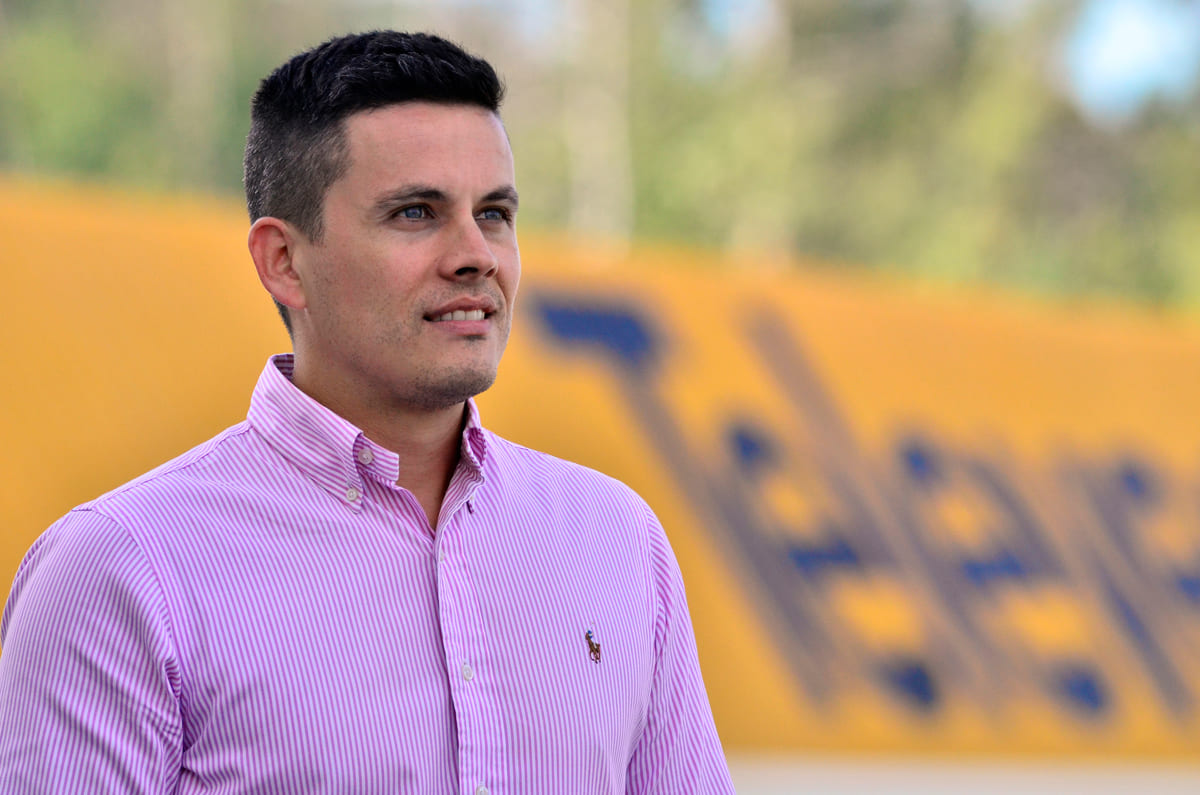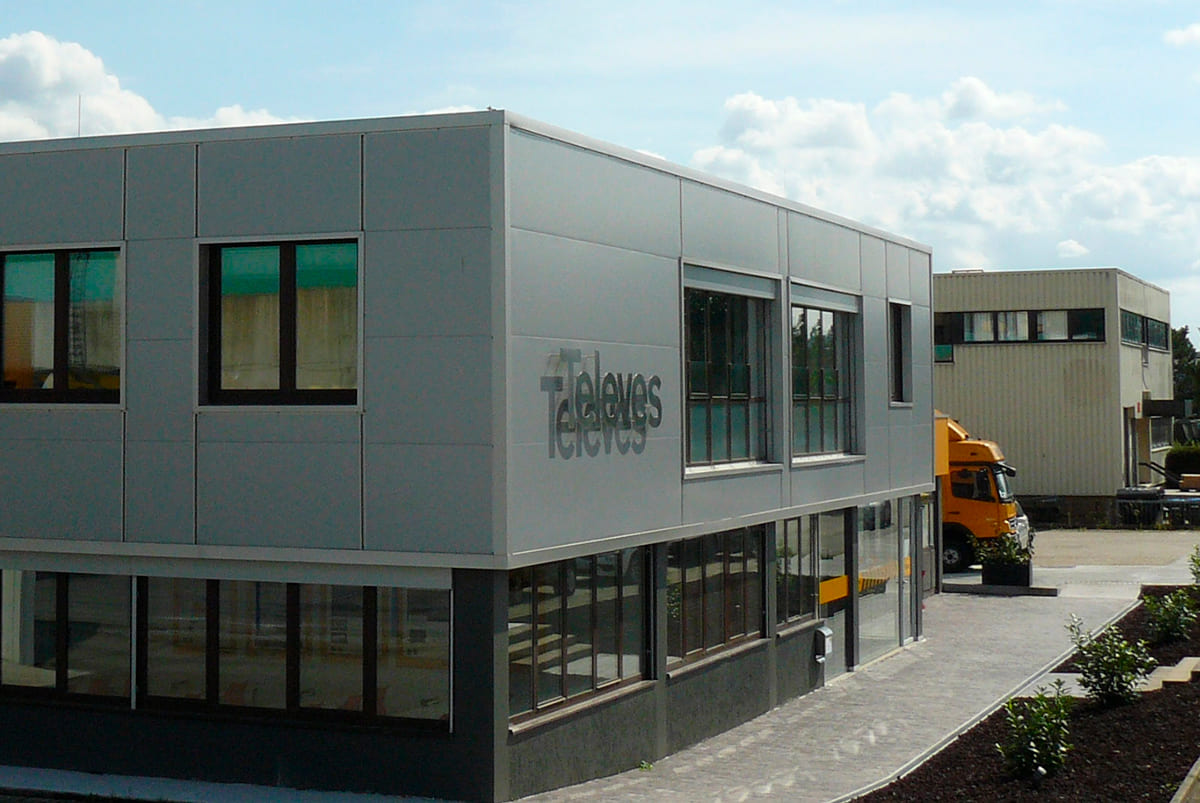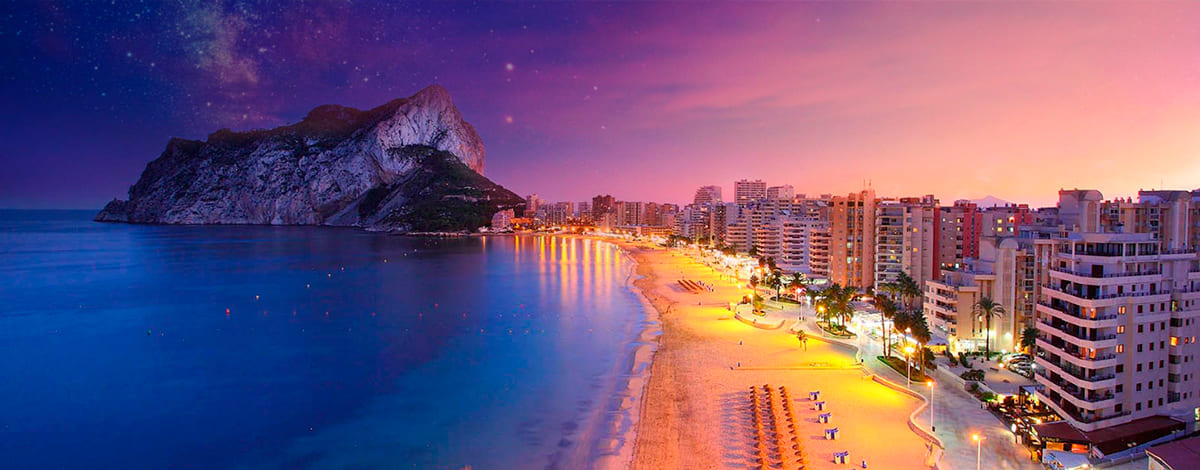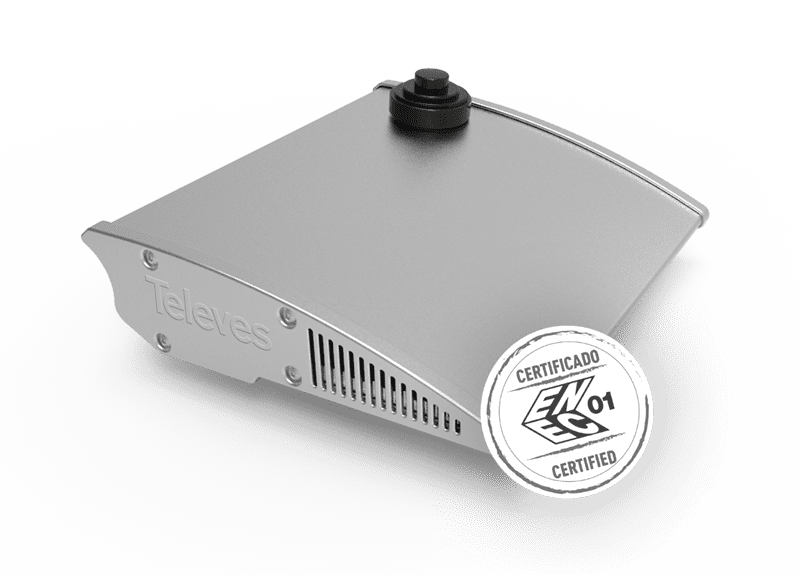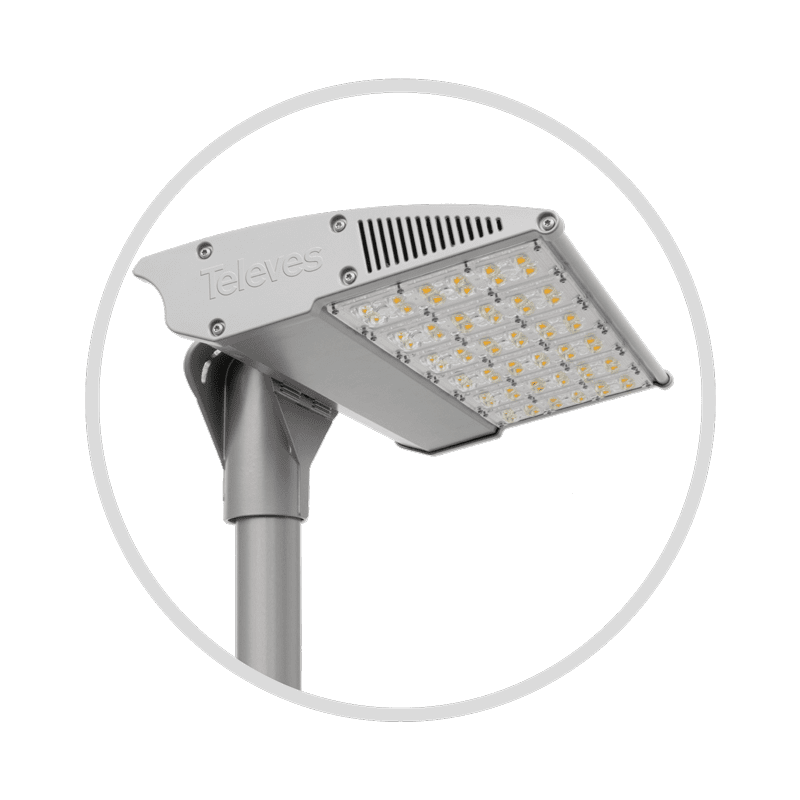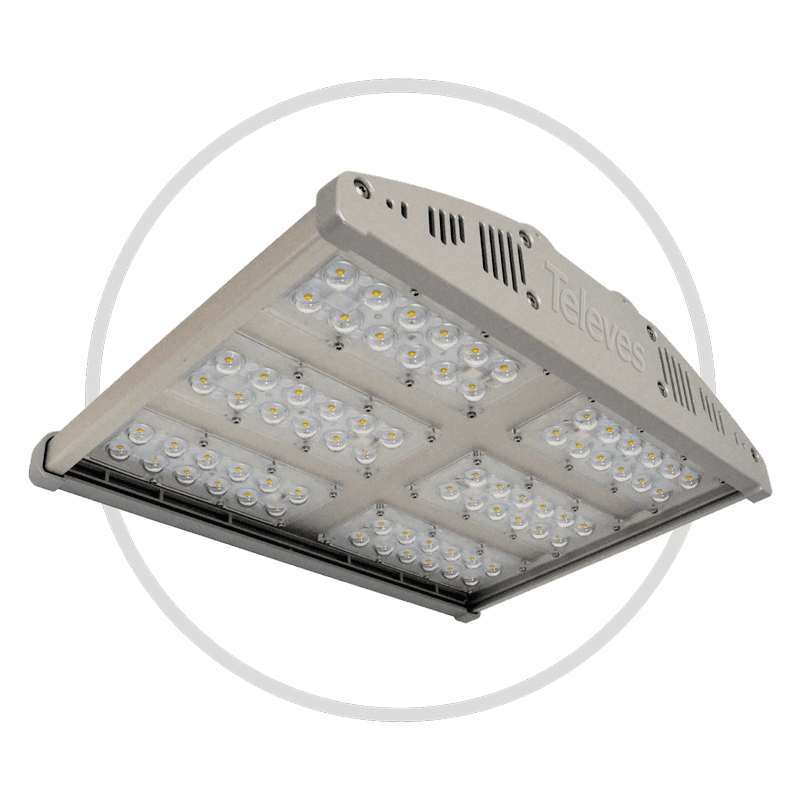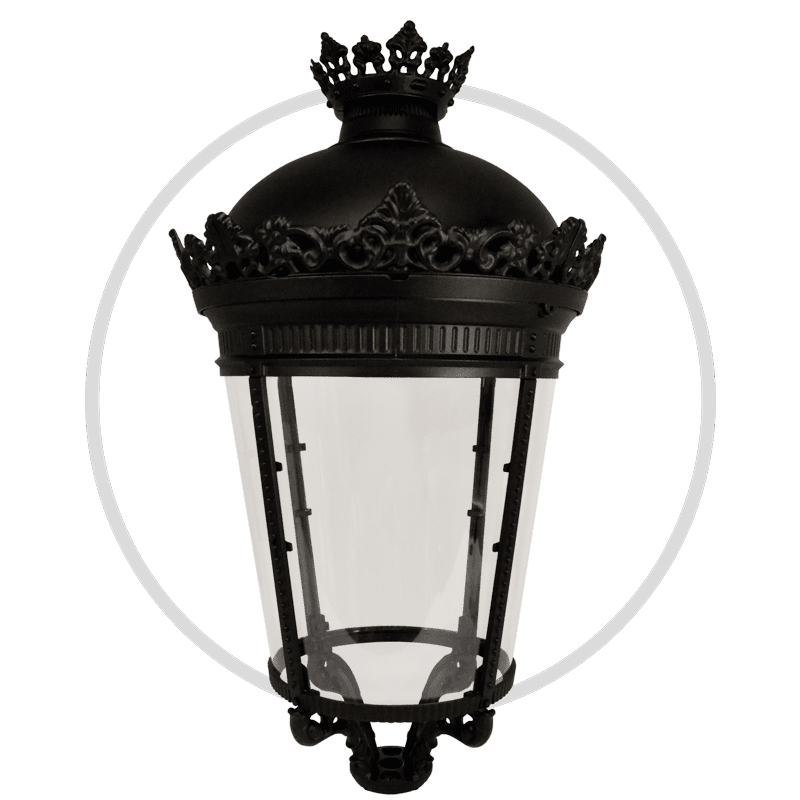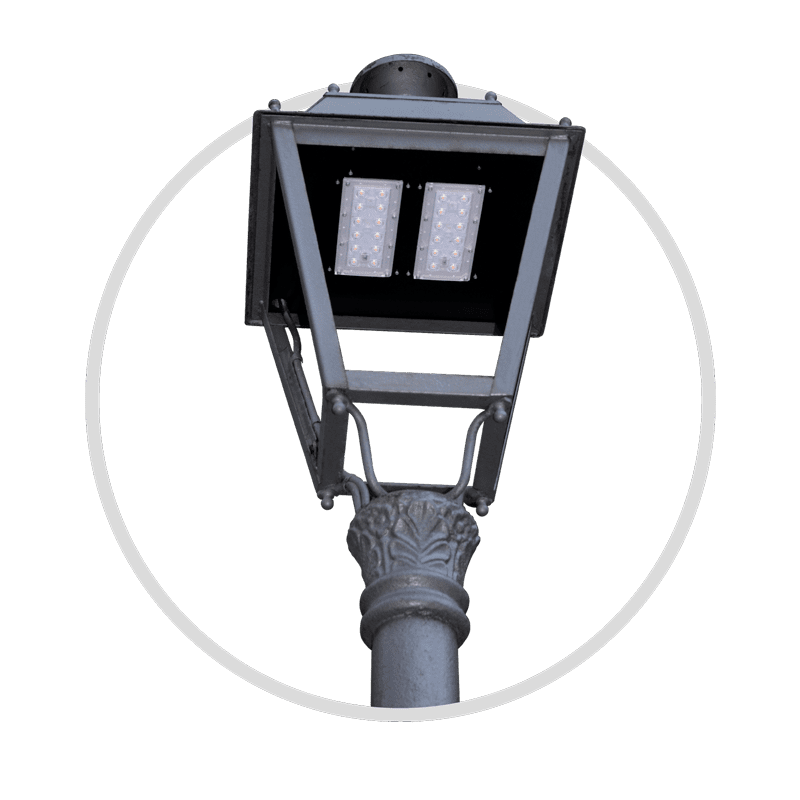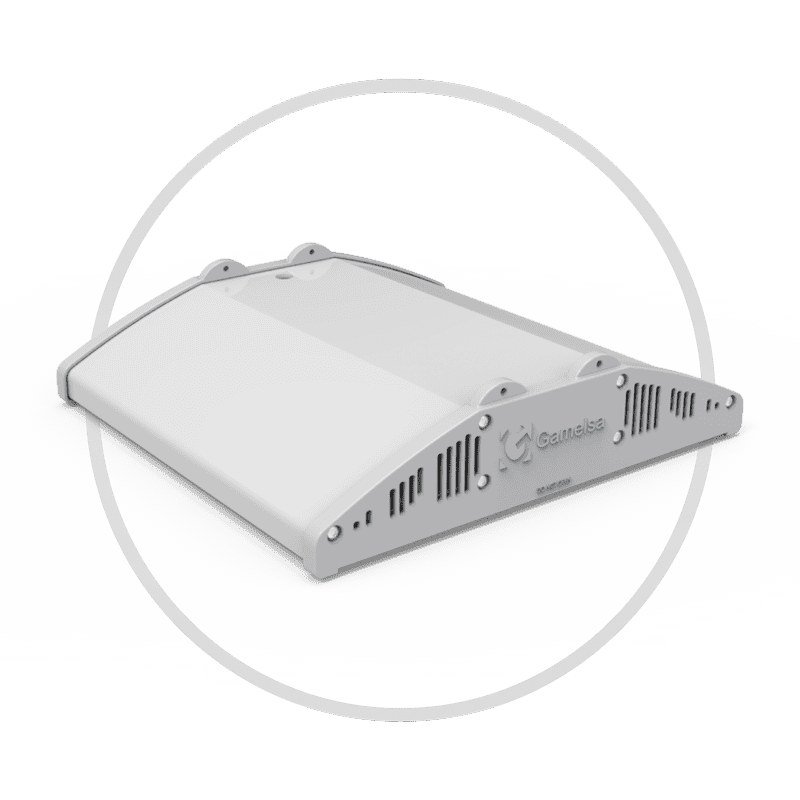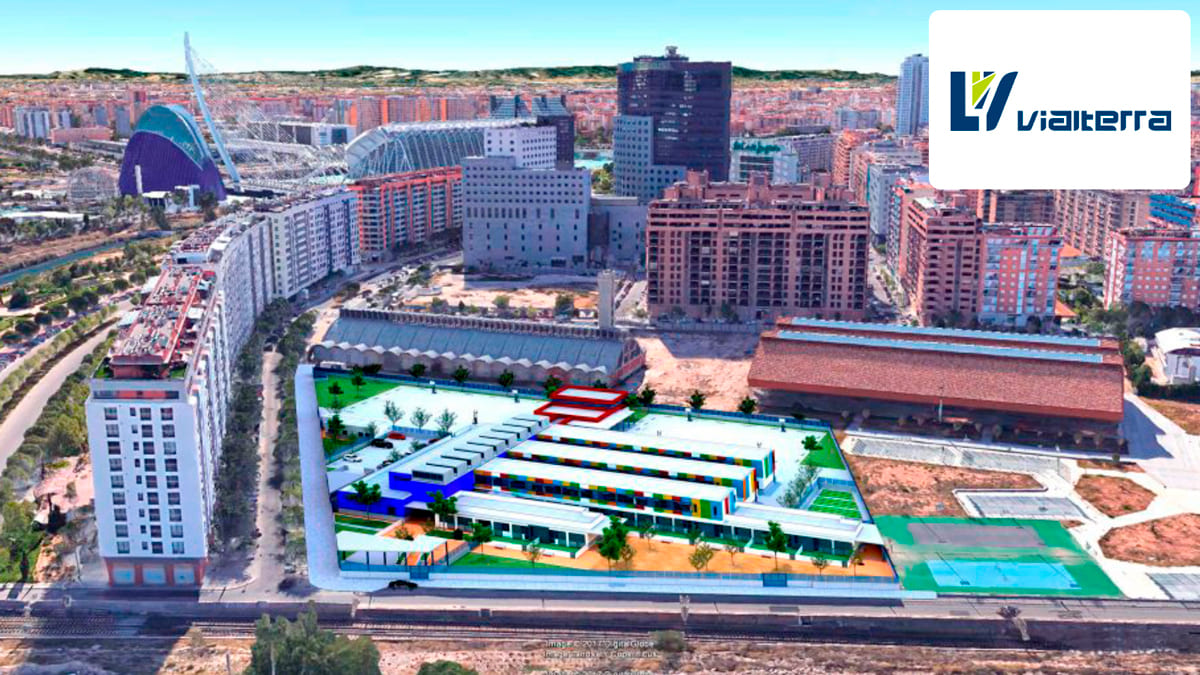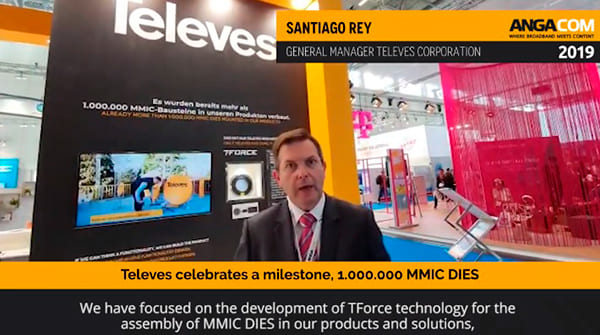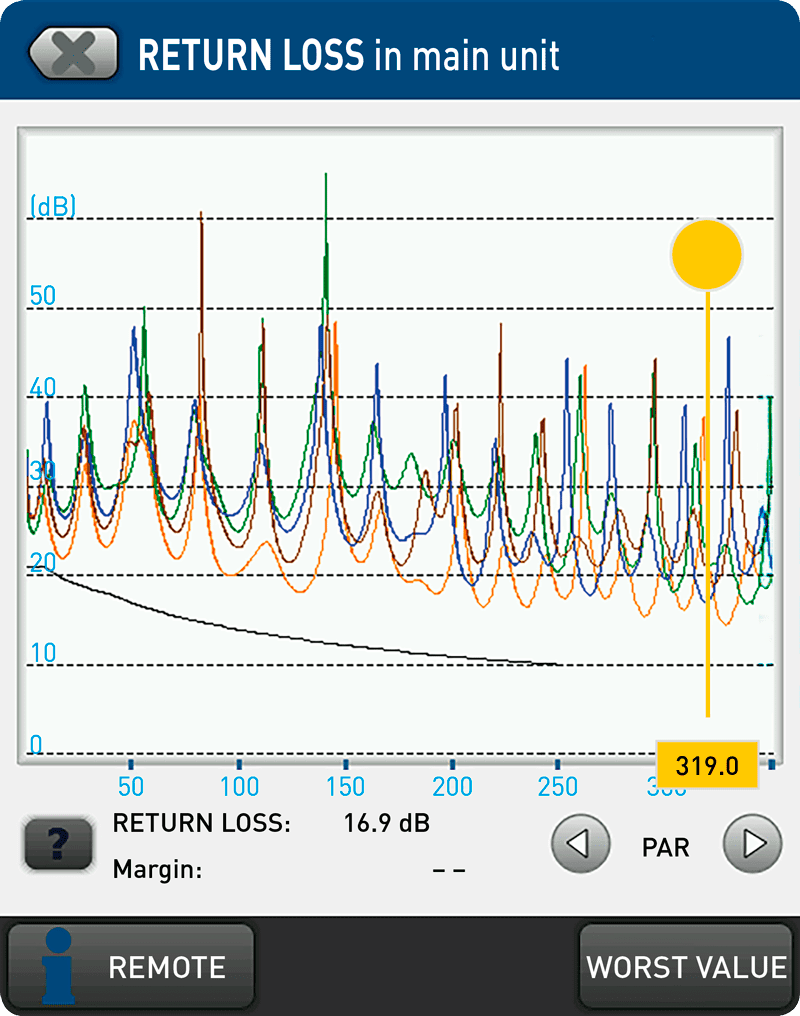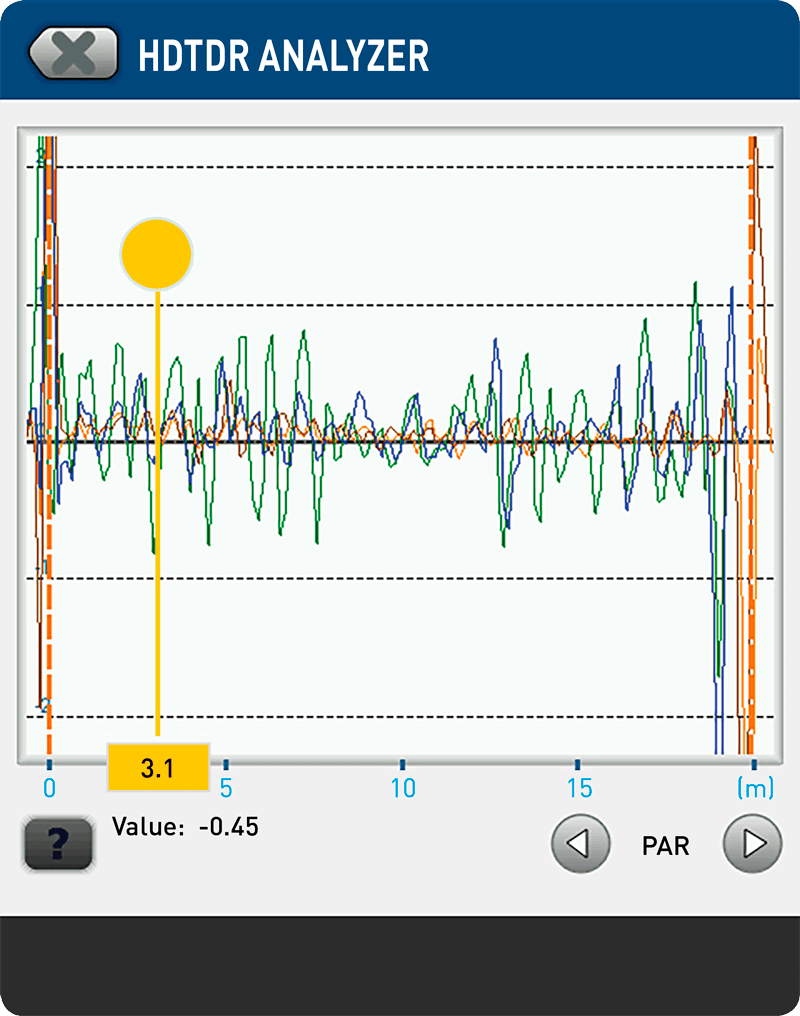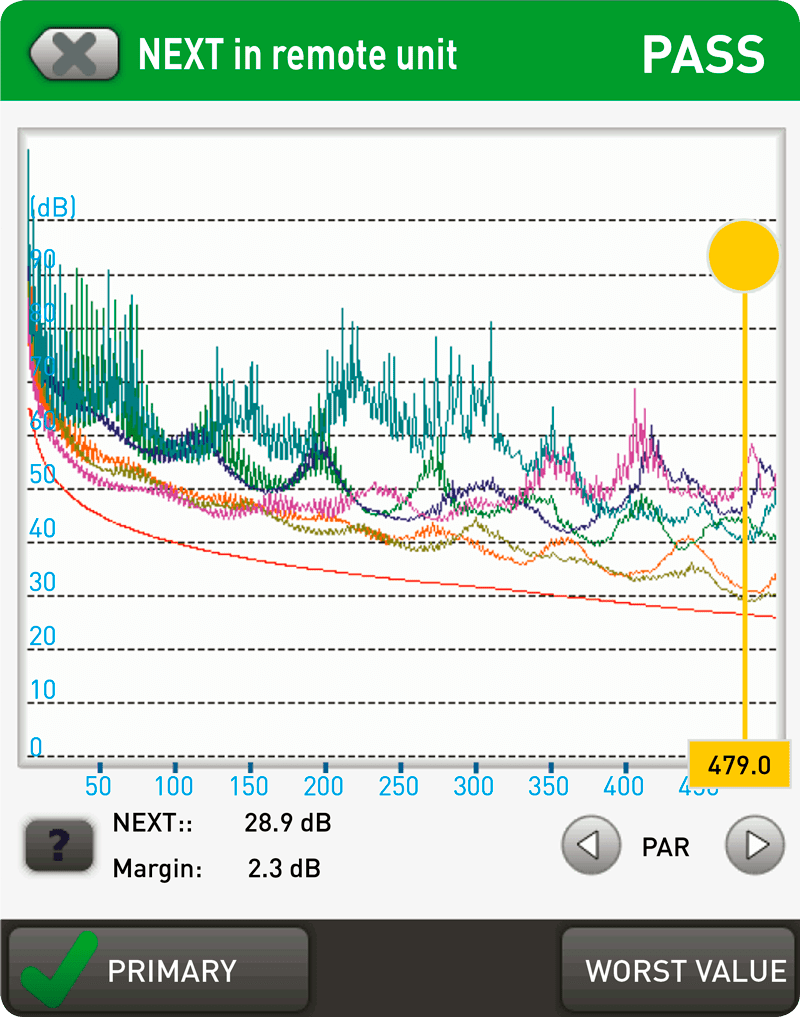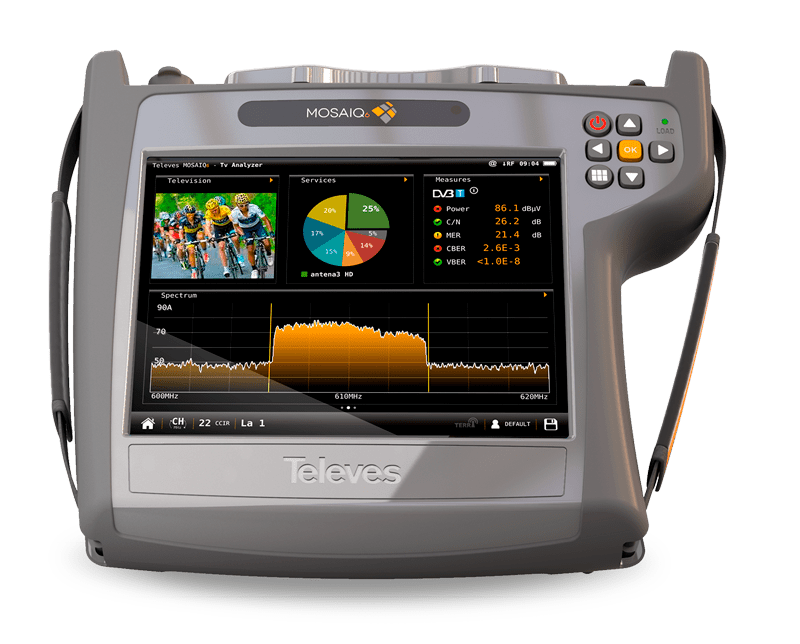Dokumentation
Komplett och uppdaterad service- och produktdokumentation tillgänglig för visning och nedladdning. Välj en kategori för att inleda din sökning.
InfoTeleves 52 (September 2019)
- General Information: Televes diversifies towards the aeronautical sector with a drone project for civilian use
- Our people: Ignacio Seoane, technical head of Professional LED Lighting
- Televes Corporation: Televes Germany joins forces with Panasonic to undertake Hospitality projects
- Product news: Series E and N: ATMOSLED outdoor lighting
- FAQs: How to select the right codec for a modulator?
- Televes facilities: CEIP 103 (Valencia)
- Televes in the world: Compostela Innovation Lab, Maker Faire y ANGACOM
- Training: Data Cables
- Don't miss it!: New SW version for MOSAIQ6: 1.26.
- Announcement:
General Information
Televes diversifies towards the aeronautical sector with a drone project for civilian use
By joining the Galician Skyway - Civil UAVs Initiative project, Televes Corporation has taken a significant step forward in its diversification strategy towards technology-intensive markets with great prospects for the future. This is a project LED by the American multinational Boeing that aims to develop solutions for unmanned aerial vehicles for civilian use (drones and aircraft) in a shared and safe airspace.
The project is led by the American multinational Boeing and will represent an investment of eleven million euros.
Televes contributes its experience and know-how in communication solutions and antennas, digital processing and cybersecurity to the Galician Skyway project, adapting them to the specific needs of the aeronautical environment. At the presentation of the initiative on May 21st in Santiago de Compostela, Santiago Rey, Televes Corporation General Manager, indicted that participation in the project confirmed the company’s desire to be an increasingly relevant player in the international ITC sector, designing and manufacturing cutting-edge technology solutions and that we have accepted the challenge of digital transformation and the implementation of the industrial 4.0 model. As a result, we are on the path to becoming a more competitive and more open company, taking part in major innovation projects. The aeronautical sector joins others such as social and health care, hospitality, cybersecurity and Smart Cities in which the company is already developing important initiatives.
The Galician Skyway - Civil UAVs Initiative will represent an investment of €11 million. It is based at the As Rozas aerodrome, in Lugo, and it is backed by the regional government of Galicia, through the Galician Innovation Agency. Together with Boeing and Televes, the consortium includes the INTA (National Aerospace Technical Institute), the Gradiant technology center and the companies Centum, Enaire and Soticol
Our people
Ignacio Seoane, technical head of Professional LED Lighting
What is your job at Televes?
I am responsible for technical assistance and support to the sales network in the Professional LED Lighting line of business. This includes tasks such as preparing projects and bids, conducting lighting and energy efficiency studies, providing technical training to the salesforce, after-sale service and product definition, with a view to creating new designs that can be added to our catalog in the future.
How long have you been with the company? Could you describe your career at Televes?
I joined Gamelsa in 2014 as head of technical support and product certification, and I moved to Televes in 2018. To date, my entire career in the Corporation has been in the area of lighting solutions.
We work with delivery dates that cannot be postponed. When several projects coincide, the work piles up. But it’s got to be done, and done well.
What is the most satisfying part of your job?
Helping my colleagues resolve the issues that arise and feeling like my job contributes to making sales and generating business.
What about the most difficult?
Always working with urgent deadlines, such as with bidding. When several projects coincide, the work piles up. But it’s got to be done, and done well. It is one of the different challenges you end up liking.
What do you feel the key values are in the company?
The factory. In other words, the vocation and drive to manufacture with our own resources. That gives us total control over the product. The company is also very demanding in quality criteria. Another value that sets Televes apart is the sales network, which is highly trained.
Tell us about a current project that you feel is important!
We were recently awarded ENEC certification for our range of AtmosLED outdoor lights. That was a very important project because it is an internationally recognized certification that subjects you to annual audits and running tests on random samples. The idea now is to continue certifying the rest of the product lines. But the most important project is the internationalization of our line of business. Over the rest of the year and in 2020, we will be positioning ourselves in different European countries and in the United Arab Emirates. It is very exciting for me, because it is my “debut” in internationalization projects.
Televes Corporation
Televes Germany joins forces with Panasonic to undertake Hospitality projects
In late July, Televes Germany and Japanese multinational Panasonic reached an agreement to undertake initiatives in the area of Hospitality. The objective is to collaborate on audiovisual equipment projects at hotels, hospitals and other public buildings, to offer users and guests high-quality services by integrating different distribution technologies to power multiplicity of screens and devices, adapting to the preferences of each client.
Both companies have what it takes to do that. Panasonic has TVs that are compatible with the Uni and Multicast standards, which can access multiple IPTV servers independently. At Televes, meanwhile, the compact HE-21 IPTV headers offer high-end features for the distribution of DVB-S / S2 channels on LANs.
Regarding the agreement, Matthias Dienst, Televes Germany Managing Director, expressed his satisfaction in having such a “strong” partner as Panasonic, and he explained that the alliance will help Hospitality establishments offer added value to their clients. “As a leading TV manufacturer, Panasonic offers the perfect platform for the optimal use of our HE-21 IPTV headers”, said Dienst.
Dirk Schulze, head of TV / Home AV Product Sales at Panasonic Germany, highlighted the leadership of Televes in its sector and its innovative technologies, making the company “a very important cooperation partner”. “The high standards of quality of our products and the development of solutions that look to the future connect us,” he said.
Product news
Series E and N: ATMOSLED outdoor lighting
NEW LIGHT MADE 100% BY TELEVES
The new E and N series within the range of outdoor lighting have earned the ENEC certification, and internationally recognized symbol that is awarded to manufacturers only. The seal, granted by AENOR, guarantees that the product meets 100% of the demanding manufacturing requirements, highlighting aspects such as quality control and electrical safety.
The E and N series represent a revolution in the AtmosLED range. New circuits designed to optimize their electrical performance and a more advanced generation of LEDs achieve 30% better efficiency than their predecessors (series 5 and 7). Their efficiency reaches 160 lum/W when working with a color temperature of 5,000K.
The N series includes an ANSI C136.41 NEMA regulation connector, which makes it possible to establish a plug & play connection with remote management nodes and provide, as a result, connection capabilities to IoT infrastructures. This open interface is independent of the remote management technology used and is compatible with connections through electrical lines (LC, broadband PLC) or wireless (3G, NB-IoT, LoraWan, Lora-Mesh, Zigbee, etc.).
WITH ALL THE BENEFITS OF ATMOSLED
All the series in this range have something in common: they were designed to prioritize quality, both inside and out. Their electronics and drivers offer perfect thermal management and intensity control, while their anodized finish offers great hardness and corrosion resistance. The result is an increased useful life for the light, and reduced maintenance.
They also have full versatility in an “a la carte” product, depending on the needs of each project:
- Broad color temperature range: from 2,200 to 5,000K
- Various power options
- Different types of optics (new photometric distributions available)
- Intensity regulation or configurable dimming
- Several installation options, depending on the position and type of anchoring
- Available in any color in the RAL range
DISCOVER OUR RANGE OF PROFESSIONAL LED LIGHTING
FAQs
How to select the right codec for a modulator?
Codec is a term used to describe the “software” or “compression standard” responsible for encoding and decoding digital multimedia, audio or video data and then include it in a specific format/container so that the user can view or listen to it on a player.
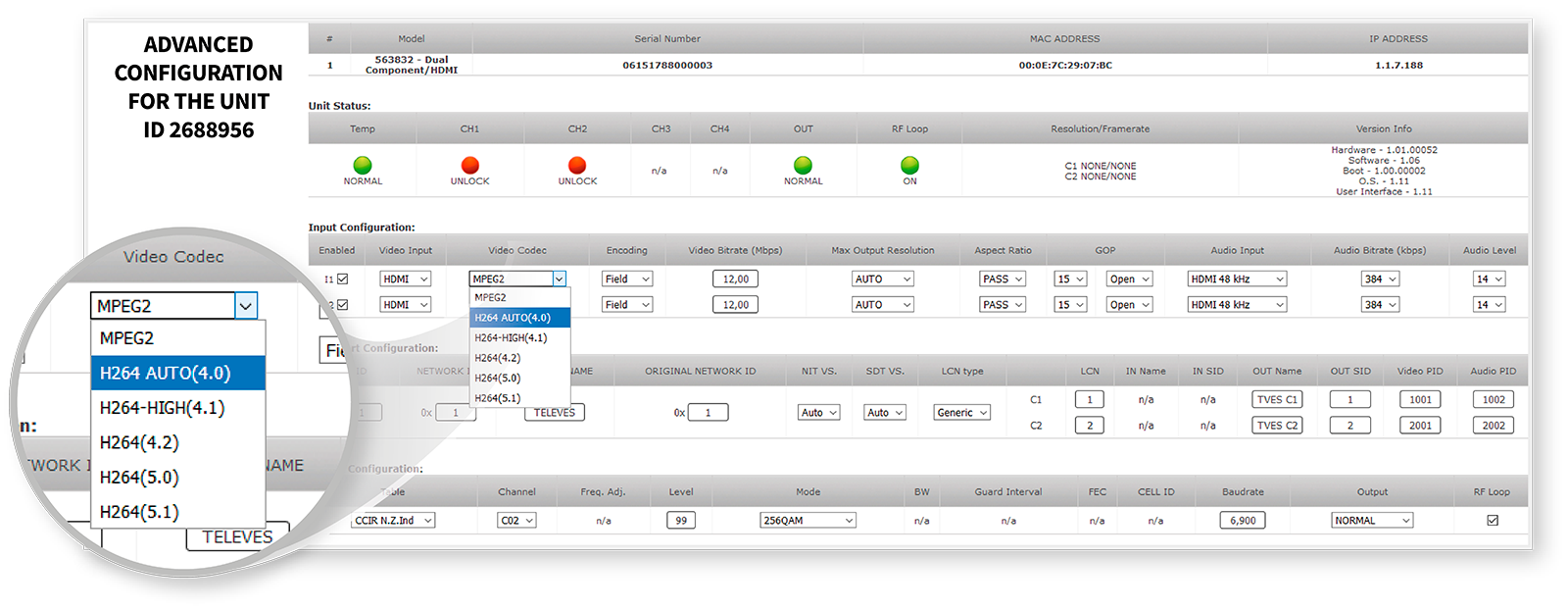
The HDMI® encoders can encode the output information suing different high- and low-compression video codecs, adapting the digital flow (Bitrate) to the player to be used; in our case, DVB-T/C receivers or TVs with built-in DVB-T/C receivers.
The video codecs available in the HDMI® encoders will enable us to vary the output compression and flow quality, with some codecs more efficient than others.
When selecting a codec, it is important to consider the characteristics of the player, as not all receivers are compatible with all codecs.
The DVB-T receivers, known as SD receivers (older and with a standard definition: 720x576 pixels), only accept the MPEG2 codec, while the DVB-T HD receivers (more modern and with high definition: 1920 x 1080 pixels) accept the H.264 or MPEG4-AVC codec.
Within the H.264 family there are different variants, depending on the level of compression and the configuration of the HDMI® encoder is divided into several profiles:
-
H.264 Auto(4.0): This profile covers from compression level 1.0 to level 4.0, and the encoder automatically selects, based on the output resolution, the best level. You could say that this profile is the most compatible with most machines.
-
H.264 HIGH (4.1), H.254 (4.2), H.254 (5.0) and H.254 (5.1): These profiles improve compression efficiency (+quality,-bitrate) as the level increases (4.1<4.2<5.0<5.1). Because not all set top boxes accept these compression levels, configuring these profiles requires determining the compatibility between the two in advance
| COMPRESSION LEVELS | PROFILE | |
|---|---|---|
| 1.0 | 2.1 | H.264 Auto (4.0) Automatic selection based on the output resolution |
| 1b | 2.2 | |
| 1.1 | 3.0 | |
| 1.2 | 3.1 | |
| 1.3 | 3.2 | |
| 2.0 | 4.0 | |
| 4.1 | H.264 High (4.1) | |
| 4.2 | H.264 (4.2) | |
| 5.0 | H.264 (5.0) | |
| 5.1 | H.264 (5.1) | |
The terms HDMI, HDMI High-Definition Multimedia Interface, HDMI Trade dress and the HDMI Logos are trademarks or registered trademarks of HDMI Licensing Administrator, Inc.
Televes facilities
CEIP 103 (Valencia)
This Pre-primary and Primary Education School is one of the largest schools in the region of Valencia, with 14,000 m2 and capacity for 675 students. It has a large number of classrooms, all equipped with data ports for a total of 150 points.
The company responsible for the work, Vialterra, installed the data cables and connectors, the coaxial cable, ground receiver antenna and the amplification center, among other Televes products. It is an installation with nearly 10 km of cable routing
Televes in the world
Compostela Innovation Lab, Maker Faire y ANGACOM
Compostela Innovation Lab (Santiago de Compostela, Spain) July 1st
Sebastián Pantoja, Televes R&D+i direct, gave a presentation at the first edition of the Compostela Innovation Lab. Leading innovation and creativity companies take part in this forum, organized by the Chamber of Commerce.
Maker Faire (Santiago de Compostela, Spain) July 3-5
Televes will have a presence at the Maker Faire with the Corp4Future project for the development of an Industry 4.0 environment. Televes project manager José Manuel Álvarez participated in the roundtable discussion.
ANGACOM (Cologne, Germany) July 4-6
Televes celebrated an important milestone at this event, which gathers our main clients and friends. We have assembled over 1,000,000 MMIC-type integrated circuits at our facilities in Santiago de Compostela using TForce technology. This is a milestone that only Televes has been able to achieve, which makes us very proud. Of course, we also had the opportunity to show our latest developments in products and solutions for telecommunications infrastructures in buildings and homes, such as the multiservice optical fiber networks with our Fibredata and Wavedata range or the Arantia range for Hospitality solutions, as well as our new Ellipse and Bexia antennas for DDT.
Training
Data Cables
Key parameters to consider in an installation
When conducting an installation with data cables, it is essential to consider the points detailed below.
CABLE ROUTING
The routing speed, the bending radius the cable will be subjected to, short tension or the placement of the spool are essential details that directly influence parameters such as return loss (RL), NEXT or HDTDR.
CONNECTORIZATION
It is essential that the cable jacket reach nearly the limit in contact with the connector to avoid stressing the cable. The jacket needs to be nearly crimped by the connector to avoid RL increases.
In the connectorization process, the cable braiding must touch as little as possible to avoid possible RL increases.
It is essential to avoid hitting the live wire of any of the pairs when connecting.
Parameters such as RL, NEXT or HDTDR are directly related to the type of connector used in the installation.
Any change of medium (connector, patch panel, etc.) can cause a variation in the impedances and, as a result, a variation in the RL. It is essential to be very strict when making connections.
CABLE RESISTANCE
A key parameter to check when ruling out a possible short-circuit, poor connection or physical problem is cable resistance. The resistance must be practically the same in the 4 pairs, less than 1 Ohm difference.
RL (Return Loss)
This is the power lost at a point in a signal’s trajectory due to reflection (Pr) of part of the original power (Pi). It is determined by characteristic impedance inequalities throughout the link: RL (dB) = 10*log (Pi/Pr)
The cable routing and connectorization have a direct influence on this parameter. Unbraiding pairs causes an increase in return losses, as it increases the electrical noise.
A negative diagnosis in one point does not mean that the cable needs to be rejected. There may be an intermittent fault in a specific pair, which may simply impact transmission speeds depending on the content to be transmitted (100Mbps, 1Gbps, etc.). Certain faulty sections can be resolved with the TCP/IP protocol with error control.
HDTDR (High Definition Domain Reflectometer)
This is a key parameter in properly analyzing return losses. It is a percentual value that must be between +0.8 and -0.8. This is an unwritten rule that helps diagnose proper cable condition. If there is simply one pair in certain pairs that is not within this margin, the connectorization and/or routing must be optimized. If, on the other hand, most values are above or below the established reference value, there may be a mechanical problem in the cable design.
NEXT (Near End Crosstalk)
This is an undesired signal overlapping between nearby pairs. To improve this effect, the four pairs are manufactured with a different braiding frequency, contributing to preventing crosstalk.
In general, the regulatory NEXT values are not met when the cable has been mishandled during installation (extreme bending, coiling, knots, etc.), or when the connection is not optimal .
Don't miss it!
New SW version for MOSAIQ6: 1.26.
n addition to other new developments (NIT version representation, USB exporting, etc.), the new “Network Tools” application is worth noting, with the following utilities:
- Ping: determines whether an IP address is accessible from the network.
- Nmap: shows which ports in an IP are accessible or not (open/closed).
- Speed Test: shows the uploading/downloading latency and throughput.
- ARP Scan: shows which machines are connected to a network, representing their IP and MAC

